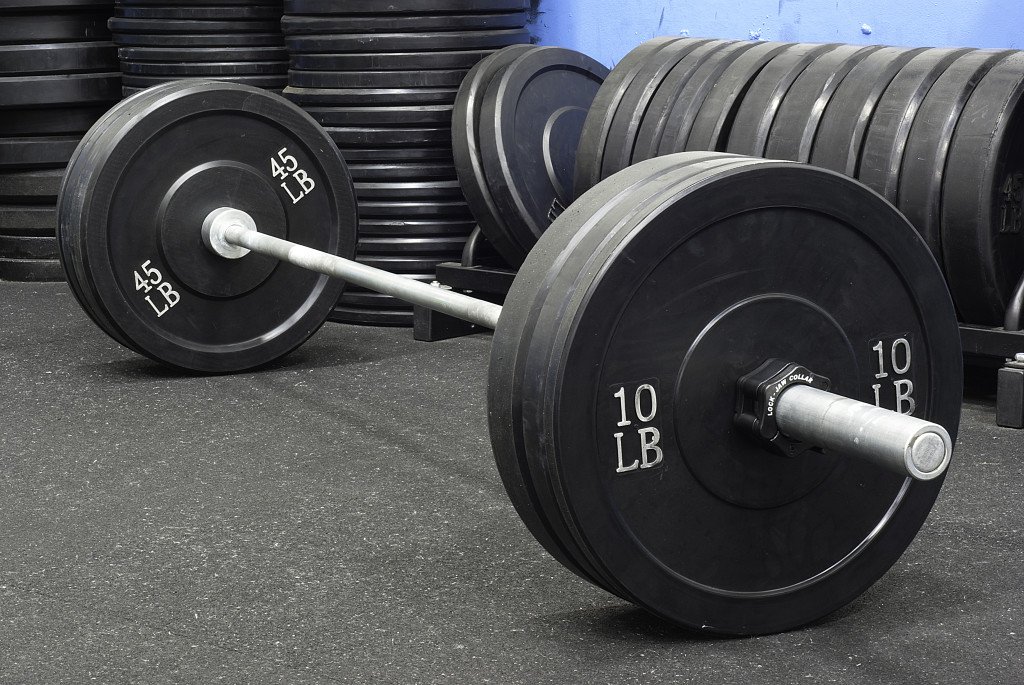submitted by jwithrow.
Journal of a Wayward Philosopher
Individual Solutions: Building Home Resiliency
February 13, 2015
Hot Springs, VA
The S&P opened at $2,089 today. Gold is checking in at $1,229 per ounce. Oil is floating around $53 per barrel. Bitcoin is priced at $237 per BTC, and the 10-year Treasury rate opened at 2.01% today.
Yesterday we examined the massive credit expansion that has been ongoing for four decades now and we noted that Austrian Economics tells us this won’t end well. We discussed building financial resiliency via a logical asset allocation model as an individual solution to the economic problems we face. But there is more to life than just personal finance.
Home resiliency is about building a self-reliant homestead, no matter the size. This entails having secure shelter with back-up energy sources and access to a reasonable supply of food, water, and basic necessities. The greater your home resiliency, the less you have to worry about external factors; be they natural disasters, financial disruptions, or simple power outages.
We are not talking about doomsday bunkers or expensive power generators; we are talking about simple and reasonable emergency back-up preparations. This is considered weird and looked down upon in modern society today but that is a recent phenomenon. The spirit of self-reliance and rugged individualism permeated American culture from the colonial days on up to the turn of the 20th century.
We see home resiliency simply as a matter of getting back to our individualist roots but it is especially important given current macroeconomic trends as we discussed yesterday. The eventual mass liquidation of debt and malinvestment resulting from four decades of fiat-fueled credit expansion will inevitably lead to disruptions within the financial system. Who knows what other dislocations this will cause in daily life? It would be far better to weather such a storm from within the comforts of your own home with adequate food, water, and energy than to risk being dependent upon external factors for these necessities.
Here are a few ideas to get you started:
Water Resiliency
Store as much bottled water as you can. The rule of thumb is that households require one gallon of water per day for each member of the family.
Exposure to sunlight will cause problems for water over time so either store water in opaque containers or away from sunlight if possible.
It is advisable to employ a ‘rotating’ system whereby you drink your stored water and replace it constantly as you go while maintaining adequate storage.
Consider a gravity water filter. These systems fit on your kitchen counter and are capable of filtering water from any source into clean drinking water. We recommend Doulton’s Big Berkey system with ceramic filters, but there are other quality systems available also.
Consider setting up a system to catch rain water. Rain water can be used to bathe, water plants, or to filter through your gravity water filter system for drinking.
Food Resiliency
Maintain a deep pantry. Analyze what you are currently eating and keep two or three times as much in the pantry and freezer. Replace meals consistently so your pantry does not diminish.
Supplement your pantry with items possessing a long shelf life like canned goods, beans and rice.
Consider investing in pre-packaged food specifically designed for storage. Many of these foods have a shelf life of up to 25 years and are surprisingly appetizing. Some long-term storage items are even certified organic and certified GMO free.
Consider planting a small vegetable garden, fruit trees, and/or nut trees depending on your location. Supplementing meals with home grown food is a great way to cut expenses and maintain health.
If you do plant vegetables or fruit trees it may be worthwhile to take up canning to store your own food for future consumption.
Consider investing in alternative cooking/water boiling sources. Propane grills are a popular option – just be sure to keep an extra propane tank or two on hand.
Consider investing in a solar compatible power source. These systems consist of batteries and solar panels. The batteries can be charged via a standard wall outlet or by the solar panels. Any household item can be powered for a period of time by simply plugging it into an inverter which is powered by the batteries. This is a great way to run your refrigerator during a power outage. A portable generator large enough to run the refrigerator/freezer, a few lights and a power strip to charge phones and laptop computers might also be a good option to consider.
Seek out local food vendors in your area – butchers, meat markets, farmer’s markets, etc. These are places where you can buy local food that is not as dependent upon the corporate ‘just in time’ process. Not only will this food not be as affected by macro disruptions, but it is also more nutritious as it has not gone through intensive corporate processing.
Basic Necessities
Make sure you have several alternate heating sources – wood-burning fireplace/stove, propane heater, kerosene heater, etc.
Stock up on candles for lighting the home during power outages and consider purchasing a few LED lanterns or oil lamps for lighting as well.
Keep a generous supply of lighters and matches on hand.
Keep several flashlights handy and maintain a supply of batteries.
Store several first aid kits and any medicines your family relies on.
Store extra paper towels, toilet paper, soap, toothpaste, dental floss, hand sanitizer, saline, contacts, and any other household item you use frequently.
Taking these simple actions will increase your home resiliency immensely. Once these action items are implemented you will:
Have drinking water stored for a reasonable period of time.
Have the ability to purify water from external sources.
Have a deep pantry and the ability to run your fridge/freezer for periods of time during power outages.
Have long term food stored away for use if your deep pantry were to be exhausted.
Have access to home grown vegetables, fruits, and/or nuts to supplement food storage.
Have access to several modern cooking sources in the event of a power outage.
Have alternate heating and lighting sources for use in the event of a power outage.
Have sufficient household items and cosmetics stored for use if needed.
Taking simple steps to build home resiliency does not require a change in lifestyle, and it does not require a tremendous financial commitment. Recent history shows that the majority of people in a given population are nearly 0% self-sufficient and thus experience unfortunate anxiety and discomfort when a major disaster occurs. History also shows that major disasters do occur periodically no matter where you live. It is far better to prepare ahead of time than to be one of the unsuspecting victims who find themselves completely incapable of coping with a disaster in a self-sufficient manner.
Home resiliency is another individual solution that can help mitigate collective problems. Pair home resiliency with a resilient financial portfolio as we discussed yesterday and you will be more self-reliant than 99% of the population. Then you will be free from worry to focus on those things in life that truly matter.
More to come,

Joe Withrow
Wayward Philosopher
For more of Joe’s thoughts on the “Great Reset” and the paradigm shift underway please read “The Individual is Rising” which is available at http://www.theindividualisrising.com/. The book is also available on Amazon in both paperback and Kindle editions.



